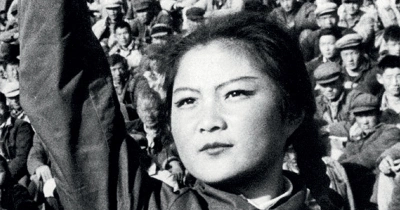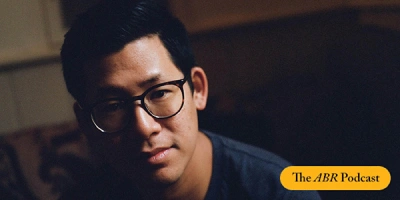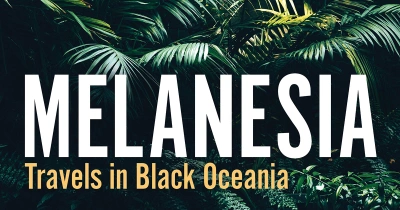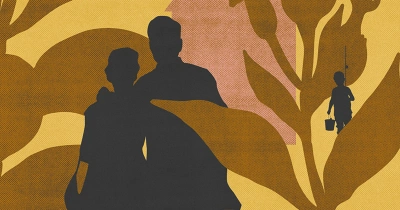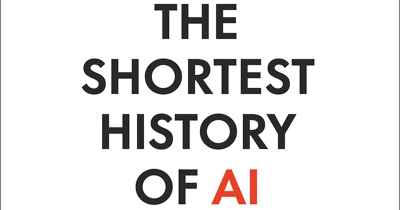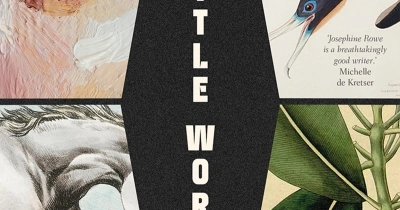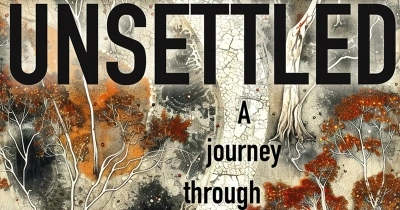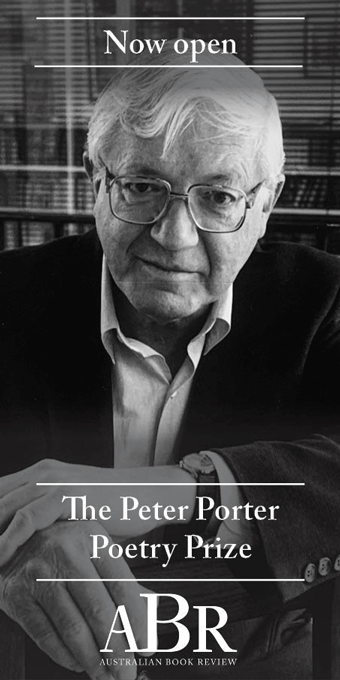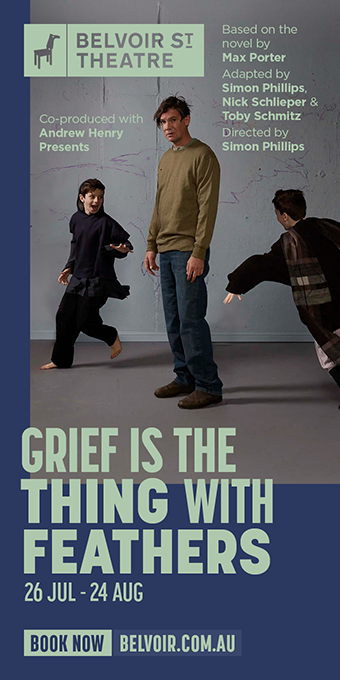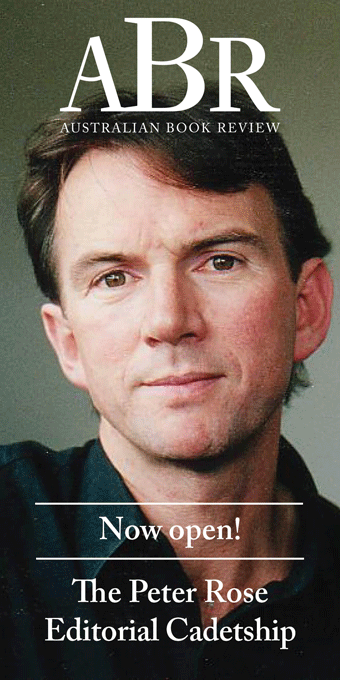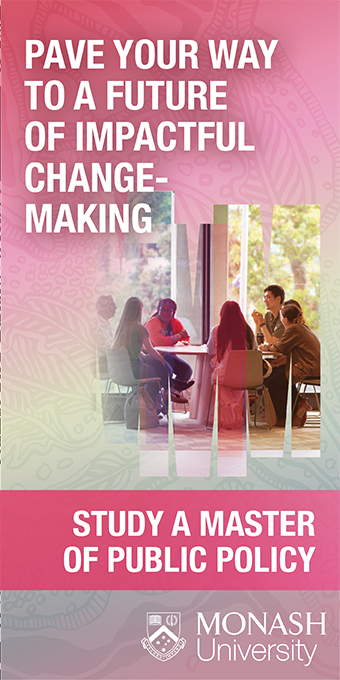Black Inc
This week on the ABR podcast we feature Shan Windscript’s review of Bombard the Headquarters! by Linda Jaivin. Though Windscript applauds Jaivin for condensing the Great Proletarian Cultural Revolution of Communist China into a succinct and vivid account, Windscript argues this approach sacrifices historical nuance.
... (read more)Bombard the Headquarters!: The Cultural Revolution in China by Linda Jaivin
by Shan Windscript •
This week on the ABR podcast we feature André Dao’s review of The Shortest History of AI by Toby Walsh. In his analysis, Dao notes an undercurrent of ‘pervasive technological solutionism’ in Walsh’s ‘core history… of technological innovations’.
... (read more)The Immigrants: Fabula mirabilis, or, a wonderful story by Moreno Giovannoni
by David Jack •
Unsettled: A journey through time and place by Kate Grenville
by Georgina Arnott •




